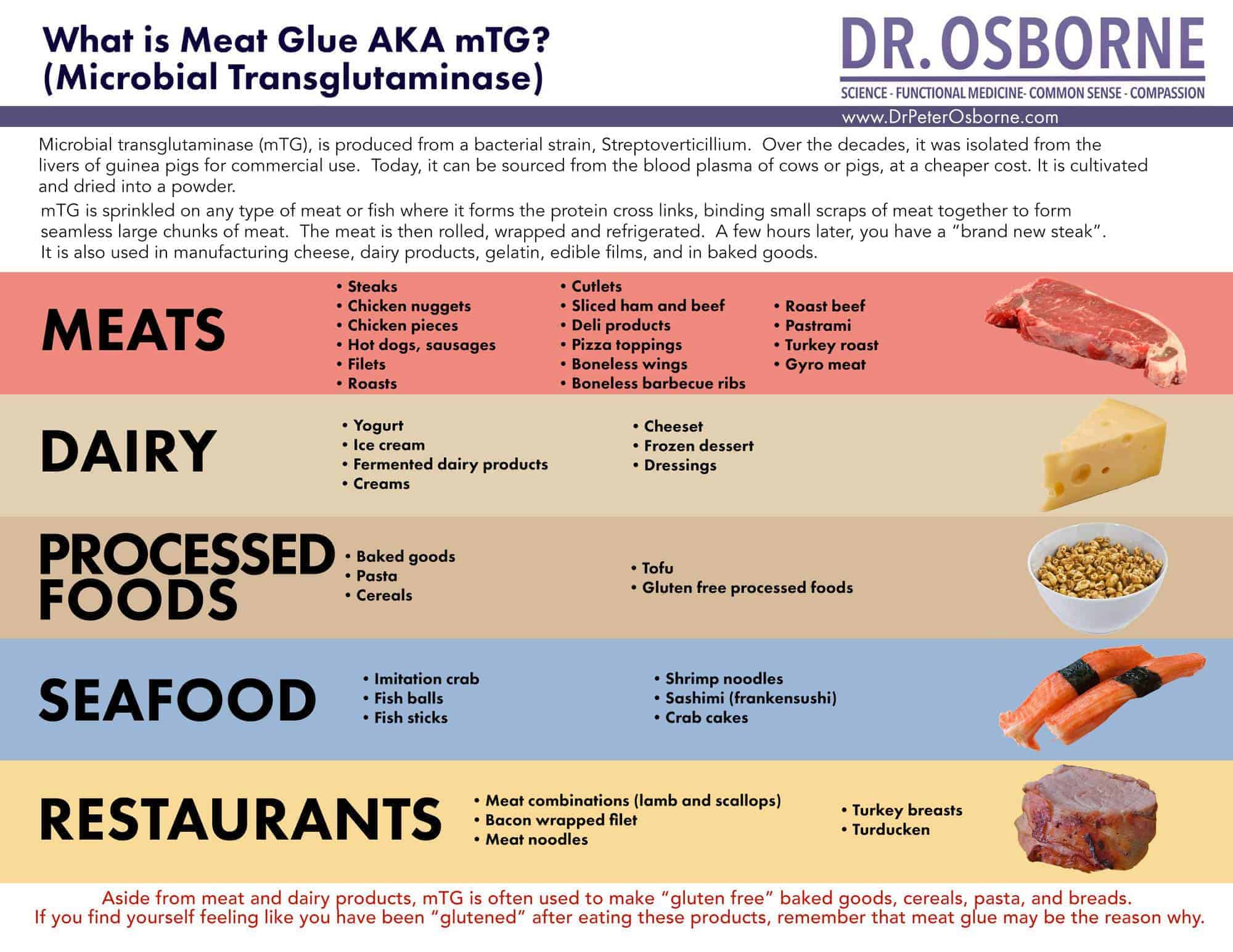
A Gluten-free diet is one of the most well-known and familiar diets to the general public. Because it is extremely popular, there are several online journals and websites committed to providing you a way to enjoy a gluten-free diet.
In the past few years, the landscape surrounding gluten-free has significantly changed. Part of that is because one percent of the world’s population has celiac disease. In the United States, that’s millions of people. That doesn’t count those who are sensitive to gluten or are trying to figure out if their health problems are tied to it. That means tens of millions of people, in the U.S. alone, are trying to maintain a gluten-free diet.
What is a Gluten-free diet?
A gluten-free diet is an eating routine that avoids the protein gluten. You can find gluten in wheat, barley, rye, oats and related species. A gluten-free diet is really important if you want to control the side effects of celiac disease and other negative conditions related to gluten.
Keep in mind, you do not need to have a disease or intolerance to gluten to go on a gluten-free diet. Some say the guaranteed advantages of this eating routine will enhance wellbeing, weight reduction and increased vitality.
The use of Gluten-free diet

A gluten-free diet is very important for people dealing with the side effects of therapeutic conditions like:
- Celiac disease
- Non-celiac gluten sensitivity
- Gluten ataxia.
- Wheat sensitivity
10 ways to know if you should go on a gluten-free diet
Gluten intolerance is becoming more and more common. That means your body gives you a less than friendly response when you eat various cereal grains. Celiac disease is the most extreme type of gluten intolerance. If you have this gluten intolerance just take a look at this 10 ways to know if you already need to go on a gluten-free diet.
-
Swelling

Swelling is the point at which you feel as though your gut is swollen or loaded with gas after you’ve eaten. It can be a helpless feeling. While swelling in your gut can come from several things, it may also be a sign you are gluten intolerant. Many people who are known to have problems with gluten say swelling is among the most common symptoms.
-
Brain Fogs
A brain fog is another term for mental confusion or lack of mental clarity. Another way to describe it is being absent-minded, difficulty concentrating, feeling gloomy and having a mental weakness. Having a “foggy personality” is a typical side effect of gluten intolerance. This side effect might be caused by a response to specific antibodies in gluten, yet the exact reason is unclear.
-
Stomach Pain

Stomach pain is, unfortunately, a common occurrence and can have various explanations. It is the most basic indication of gluten intolerance. Many people experience stomach pain and distress after they eat gluten.
-
Headaches

People who have a gluten-intolerance might be more inclined to headaches than others. If you have habitual headaches with no obvious reason, you could be touchy to gluten.

Gluten intolerance can also influence your skin. Many people who have issues with gluten report a chronic, very itchy, skin rash made up of bumps and blisters. It’s an irritating skin condition called dermatitis herpetiformis. Everyone who has this disorder is sensitive to gluten, yet fewer patients have stomach related symptoms than those with celiac disease.
-
Depression

Tens of millions of people fight depression every year. The side effects of eating gluten can make the emotions of misery and bitterness worse. Several individuals with stomach related problems appear to be more inclined to both nervousness and depression, compared with those people who are healthy. This symptom is particularly ordinary for an individual who has a celiac disease.
-
Unexpected weight loss

An unexpected weight gain or loss should because of alarm. Like many symptoms, there can be several reasons, but unexpected weight loss is a typical reaction of undiscovered celiac disease. The weight loss might be clarified by any variety of stomach-related side effects, combined with poor supplement ingestion.
-
Tiredness

Tiredness is common and yet it is not connected with any illness. Some people who have gluten-intolerance often experience tiredness or are prone to fatigue after they eat food containing gluten. In addition, gluten intolerance may also be due to the presence of iron-deficiency in which they will experience more fatigue and lack of force.
-
Muscle and Joint Pain

There is speculation that people with celiac disease have an overly sensitive sensory system. Because gluten may be irritating to some people, that irritation may also exhibit itself in areas other than the gut. One place many people feel this pain is in their joints and muscles. Removing gluten from the diet can remove that pain entirely.
-
Numbness in Arms and Legs

Another shocking side effect of gluten is neuropathy, which includes numbness or shivering in the arms and legs. This condition is normal in people with diabetes and lack of vitamins. Some people who experience gluten sensitivity are more at risk of experiencing numbness in their extremities. Trying a gluten-free diet may help restore some or all of that feeling.
Remember, there can be several reasons for your symptoms. It’s always best to consult your doctor if you are experiencing any of the above symptoms related to gluten intolerance.
The Takeaway for a healthy lifestyle
If you find yourself relating to any of the information above, now may be the time to change your eating habits and go gluten-free. To know if it’s the gluten causing your problems remove it from your diet for several weeks. Monitor how you feel. If you see an improvement, great. If not, you may need to see if there’s another reason you’re feeling the way you are. Best of luck, and happy eating…with or without gluten.
